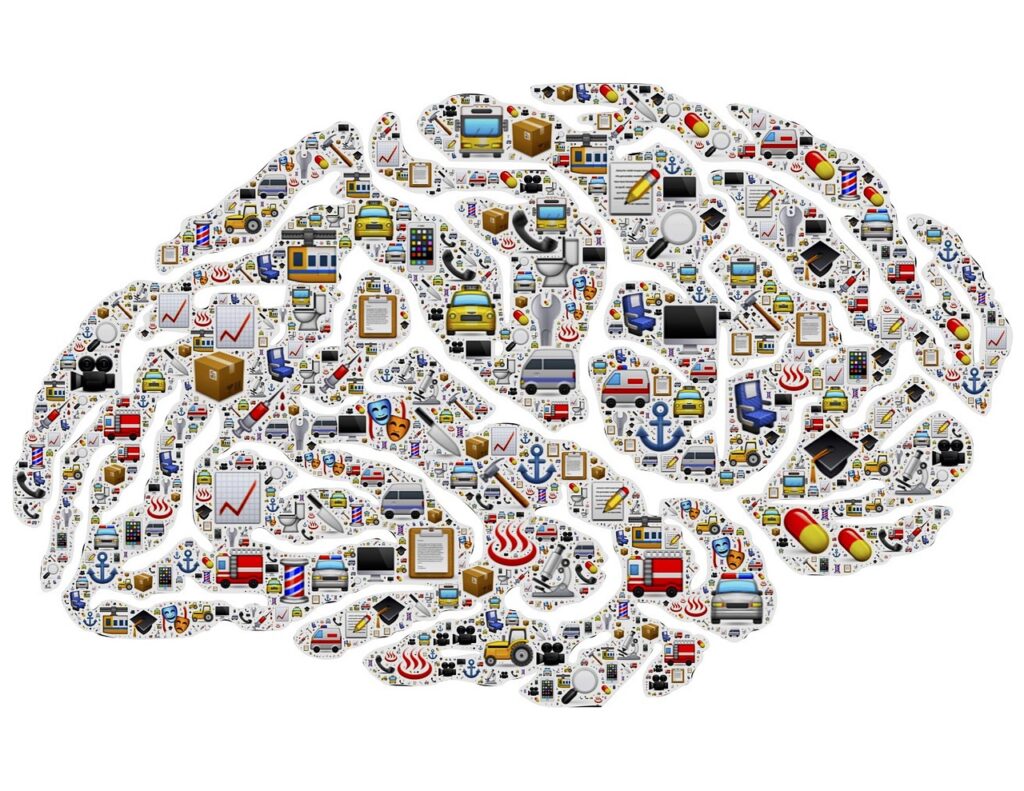
One aspect that significantly impacts the daily lives of individuals with ADHD is working memory impairment. Working memory plays an important role in various cognitive functions, including emotional regulation.
The Vital Role of Working Memory
Working memory is a dynamic and temporary system within the brain responsible for holding and manipulating information needed for ongoing cognitive tasks. It acts as a mental workspace, allowing us to process and manage a limited amount of information actively. Think of it as a cognitive notepad that temporarily stores essential data, facilitating activities such as problem-solving, decision-making, emotional regulation and comprehension.
The prefrontal cortex, a region situated at the front of the brain, is instrumental in controlling working memory. This complex brain area, particularly the dorsolateral prefrontal cortex, is central to the executive functions associated with working memory. Neuronal circuits within the prefrontal cortex enable the temporary storage, manipulation, and retrieval of information crucial for cognitive tasks. Additionally, the hippocampus, nestled deep within the temporal lobe, collaborates with the prefrontal cortex to consolidate and retrieve memories. Neurotransmitters, such as dopamine, play a crucial role in modulating the efficiency of these circuits.
Working memory involves the simultaneous storage of information and the ability to manipulate that information for immediate use. It plays a vital role in various cognitive processes, providing a mental canvas for the brain to operate efficiently in the ever-changing landscape of tasks and stimuli.
In individuals with ADHD, working memory impairments can manifest as difficulties in maintaining focus, following instructions, and managing multiple pieces of information simultaneously.
An Emotional Rollercoaster
ADHD is often associated with emotional dysregulation, leading to heightened emotional responses, impulsivity, and difficulty in controlling reactions. Working memory deficits exacerbate these challenges by limiting one’s ability to process and manage emotions effectively. This manifests as:
- Delayed Emotional Processing – Working memory impairments in ADHD can cause a delay in processing emotional stimuli. For instance, a person with ADHD may struggle to remember the details of a conversation or a situation, leading to delayed emotional responses. This delay can contribute to misunderstandings and intensify emotional reactions.
- Difficulty in Emotional Recall – Individuals with ADHD might find it challenging to recall and reflect on past emotional experiences due to working memory deficits. This difficulty in emotional recall can hinder the learning process and make it harder for them to develop adaptive emotional responses over time.
- Being Overwhelmed by Emotional Stimuli – Working memory limitations make it difficult for somone with ADHD to filter and prioritize emotional stimuli. This can lead to feeling overwhelmed by emotions, making it challenging to focus on the task at hand and respond appropriately to the situation.
- Struggling with Social Interactions – Social interactions require constant monitoring of verbal and non-verbal cues, which can be particularly challenging with ADHD. Working memory deficits make it difficult to process and interpret social information in real-time, impacting the quality of social interactions and relationships.
- Impacts on Self-Regulation – Working memory impairments contribute to difficulties in self-regulation, making it harder for individuals with ADHD to control impulsive behaviors and manage emotional outbursts. This can lead to increased stress and frustration, both for the individual and those around them.
Recognizing the connection between working memory impairments and emotional responses is essential for understanding the daily struggles of individuals with ADHD. While working memory deficits pose challenges, interventions like cognitive-behavioral therapy, mindfulness techniques, coaching and targeted cognitive training can help mitigate the impact and improve emotional regulation.
By fostering a deeper understanding of these complexities, we can create a more supportive and empathetic environment for individuals navigating the intersection of ADHD and working memory impairments.
References
- https://pubmed.ncbi.nlm.nih.gov/35975287/
- https://www.additudemag.com/adhd-emotional-regulation-video/
- https://chadd.org/adhd-weekly/emotions-that-disrupt-life-can-be-part-of-adhd/
- https://www.frontiersin.org/articles/10.3389/fnbeh.2021.686873/full


